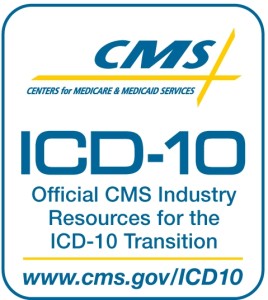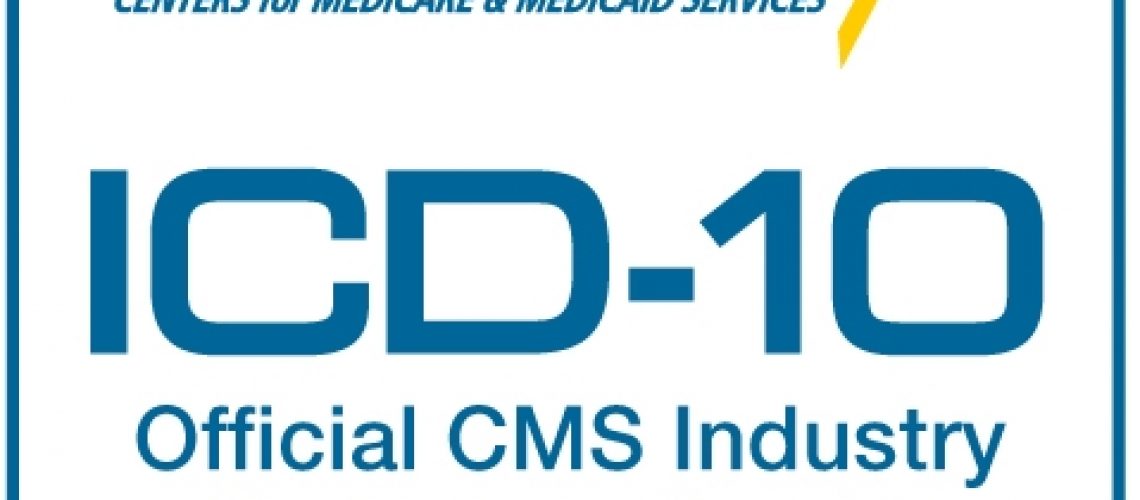 In the conference room of a D.C.-area hotel, Rob Gibran rose from one of many round tables, waited in line, stepped up to a mic, and called for an impromptu vote.
In the conference room of a D.C.-area hotel, Rob Gibran rose from one of many round tables, waited in line, stepped up to a mic, and called for an impromptu vote.
Does anyone believe ICD-10 is ever really going to become part of the American healthcare system?
Not a single one of the approximately 100 stakeholders present raised a hand in response to the Cognosante senior IT business analyst Gibran’s poll. Crickets.
That vote was neither official in any capacity nor representative of an adequate random sample. Yet, if there is any place on Earth where at least one person would have likely thrown up five fingers in the affirmative, it was that room of ICD-10 stakeholders at the Workgroup for Data Interchange’s meeting last Wednesday.
This was an emergency summit, after all, held not to debate the merits of ICD-10 but instead to determine how to survive another delay. The very next day the Centers for Medicare and Medicaid Services revealed that Health and Human Services will soon publish an interim rule calling for October 1, 2015 as the new compliance deadline.
We’ve been here before
“Are there concerns about the credibility of a new date?”
Laurie Darst was not the only one posing that question. Indeed, the Mayo Clinic’s revenue cycle regulatory advisor and a WEDI ICD-10 co-chair was not speaking on behalf of the entire healthcare industry, but she might as well have been.
Credibility was among the messy issues that have bubbled up since Congress and President Obama pushed the ICD-10 deadline back with passage of the Protecting Access to Medicare Act of 2014. Whereas ICD-10 program managers and their teams now must scrabble to retain or grab back such credibility in the eyes of chief finance officers funding the project, on a broader scale CMS and HHS now must establish that they have the authority to mandate such a massive conversion and ultimately enforce compliance when Congress can so deftly alter the fate of ICD-10.
The threat, at least to ICD-10 proponents, is that the industry will be right back in this same spot next year, whether via an ICD-10 provision in a future bill addressing the Sustainable Growth Rate–which Congress has now patched rather than actually fixing 17 times–or because enough citizens and physicians subsume to the stories about zany ICD-10 codes. These same citizens might reach out to lawmakers next year at election time, some experts fear. And these same lawmakers would find it extremely unfortunate to be facing a public smear campaign accusing them of supporting a code for “a burn due to water skis on fire.”
As several stakeholders pointed out to the WEDI crowd, it wouldn’t take much to get the already impatient public behind what they might be persuaded to see as yet one more sign of irresponsible, wasteful government.
“It will be Groundhog Day all over again,” said Betty Gomez, vice president of IT operations at ZirMed, if the industry does not rally and help physicians with the transition.
Much work remains
Presuming that October 1, 2015 becomes the new deadline, it will no doubt come as welcome relief to ICD-10 proponents and may help with some of the credibility issues.
“I applaud CMS for getting a date out there for discussion to quiet the people that say they have to have a date to proceed,” said Results First Consulting founder Joe Lavelle told Government Health IT in this story. “As for me, I am going back to my clients and telling them we have three projects: clinical documentation improvement, Big Data with new CDI data, and the ‘Y2K’ part of ICD-10 and we will prioritize in that order.”
Indeed, many challenges remain. Add to the list Lavelle rattled off earning physician buy-in, testing, and vendor readiness.
Among the raft of oft-cited readiness surveys, at least one found that the industry and IT vendors actually slipped between February 2013 and February 2014, while another found that healthcare organizations are lagging on the recommended timelines.
The reason for that slippage? The last ICD-10 delay, moving the deadline from Oct. 1, 2013 to the same day in 2014 more or less put forward progress on hold, albeit it with some exceptions.
And that time around the notion that ICD-10 may never happen had not taken hold quite as deeply as it has this year. Whether the industry will learn from the last delay and keep the ICD-10 wheels spinning toward the 2015 timeframe or instead backburner the project and associated investments while wondering why they should believe that this time the deadline will actually arrive, that remains to be seen.
But CMS’ second revelation last week, that it is now delaying the end-to-end testing previously slated for July 2014, cannot possibly bode well for even those healthcare organizations that had claimed they would forge ahead despite the delay.
As WEDI chairman Jim Daley asked: “Can any date be trusted as absolute?”
——————————————————
Prepare For The Medical Coding Certification Exam Here!
Originally published on: Government Health IT
Follow Medical Coding Pro on Twitter: www.Twitter.com/CodingPro1







